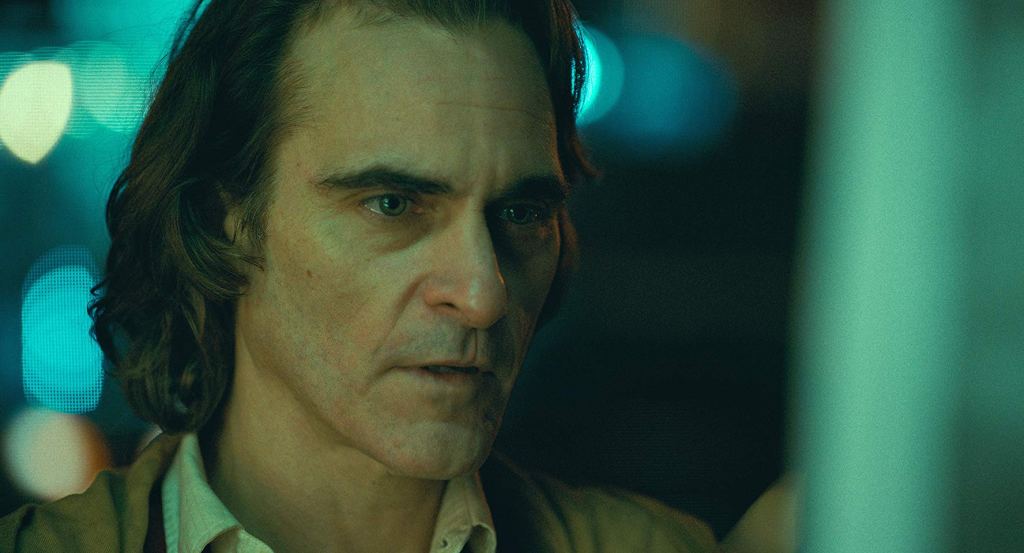The reviews are split on Joker, Todd Phillips’s dark, brooding look at the origin story behind Batman’s best-known villain, played by Joaquin Phoenix. While some critics have called it a “masterpiece,” lauding it as an expertly made superhero movie that redefines the genre, others have criticized it for being too sympathetic to Phoenix’s character. In its disarmingly human portrayal of a jilted white guy who commits acts of mass violence, some argue, it threatens to make viewers empathize with actual domestic terrorists—or worse, inspire people to follow in the Joker’s footsteps IRL. The issue has dominated the discourse surrounding Joker for weeks—but apparently, Phoenix hasn’t given it much thought.
He’s also pretty uncomfortable talking about it, according to an interview with the actor in the Telegraph. Asked if Joker might “perversely end up inspiring exactly the kind of people it’s about, with potentially tragic results,” Phoenix froze up—then suddenly left the interview.
Videos by VICE
“Why?” he eventually mutters, his lip curling up at one side. “Why would you…? No… no.” Then he stands up, shuffles towards me, clasps my hands between his, and walks out of the door.
According to the Telegraph, Phoenix disappeared for about an hour, and called a Warner Bros. PR rep to figure out how to respond to the question—which, ultimately, he never did. Instead, he told the Telegraph he’d never really thought about it.
Phoenix panicked, he later explains, because the question genuinely hadn’t crossed his mind before—then asks me, not for the last time, what an intelligent answer might have sounded like.
Even for someone who’s notorious for staying out of the public eye—who rarely gives interviews, isn’t on social media, and lives as somewhat of a hermit—it’s difficult to imagine Phoenix had legitimately never mulled the question over, or at least heard of the criticism leveled at Joker. It’s a central part of countless reviews of the movie, which has folks worried that “lonely white boys” with a capacity for violence might relate to Phillips’s almost loving portrayal of a character who resembles an incel with a murderous streak. The most concerning prospect isn’t just that viewers might identify with Phoenix’s Joker; it’s that they might want to imitate him.
For his part, Phillips has tried to refute that take, telling the Associated Press that while movies are often “mirrors of society,” they’re “never molders.”
“A lot of people think it is going to be a really violent movie,” Phillips said. “Why it might affect you is we tried to paint [that violence] with as realistic brush as possible, so when it comes, it can feel like a punch in the stomach.”
Still, that doesn’t do much in the way of addressing whether Joker is too sympathetic to disaffected white men who commit reprehensible acts of violence. With Joker hitting theaters next week amid buzz about the film potentially nabbing an Oscar, it’ll be interesting to see whether audiences find it too dangerous to enjoy—and if Phillips and Phoenix get any better at talking about its complicated, controversial message.
Sign up for our newsletter to get the best of VICE delivered to your inbox daily.
Follow Drew Schwartz on Twitter.




